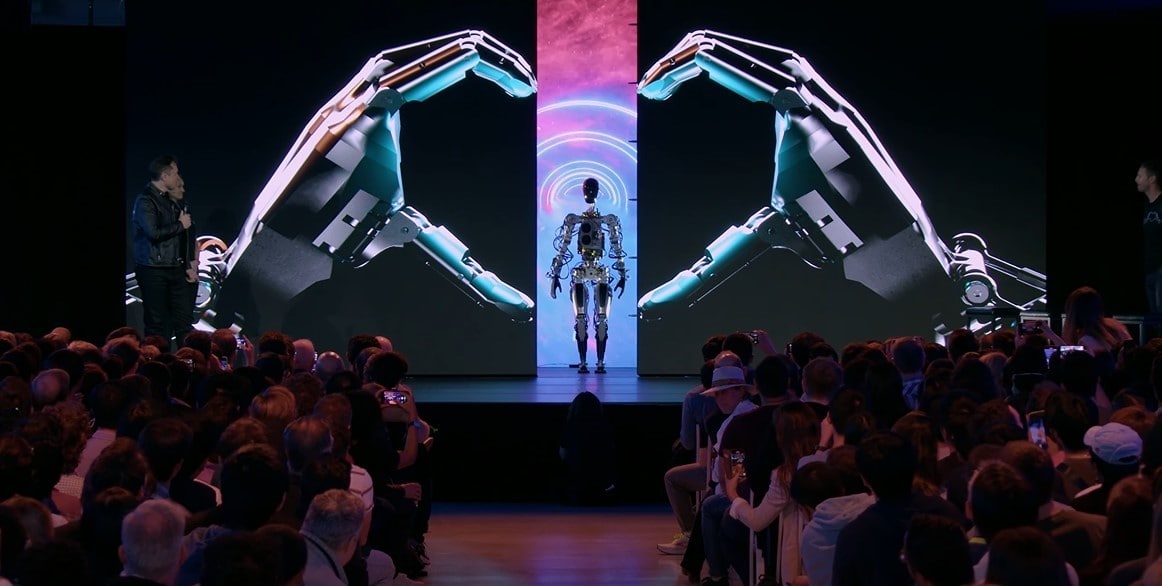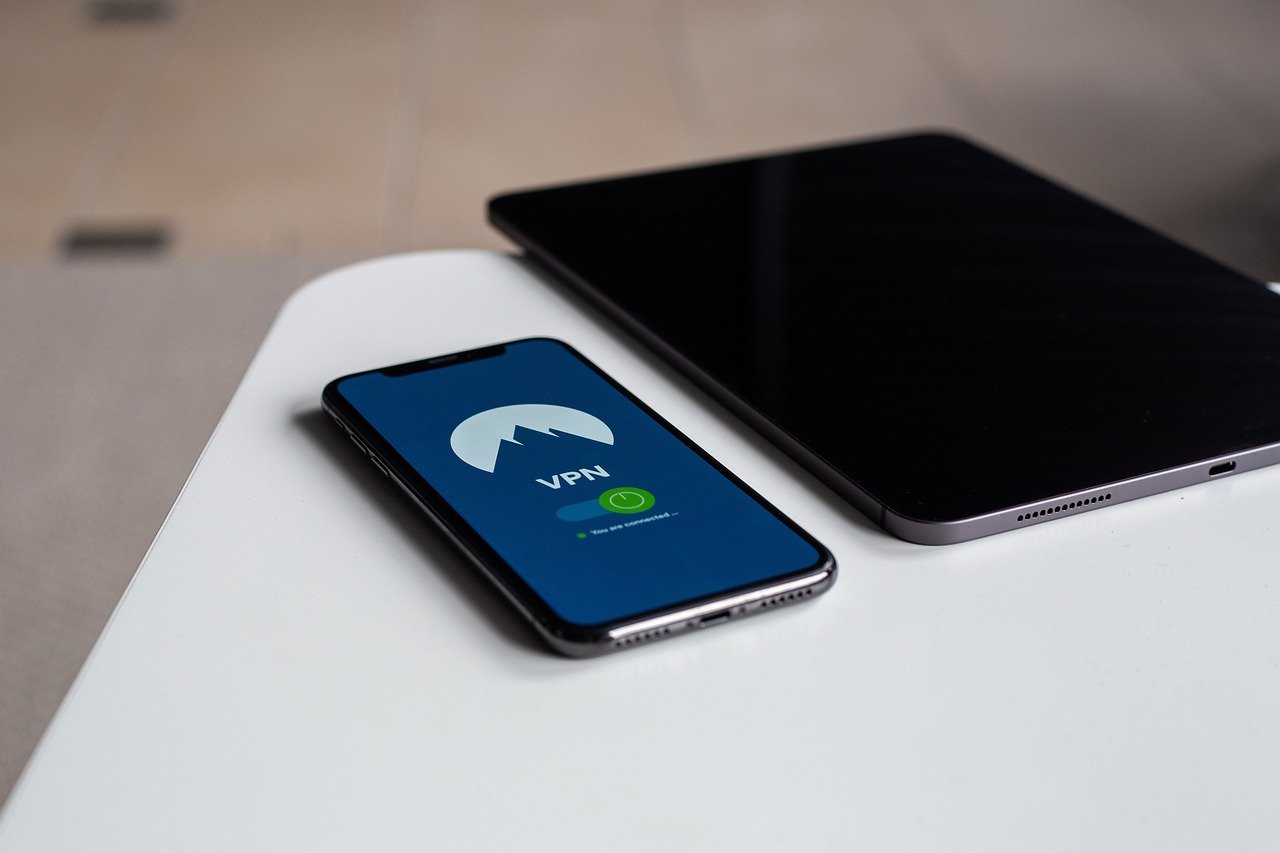What is a digital contract?
Juridically, a contract is formed as soon as an offer is accepted. It is therefore necessary to write down the agreement’s conditions of application in a contract to formalize the terms and guarantee the obligations of the co-contractors.
The smart contract includes all the notions of a contract but is the result of a computer program registered in a blockchain, just like cryptocurrencies. We can thus define the smart contract as a computer protocol that automatically exercises the contractual clauses. The objectives of the smart contract are multiple, they consist in:
- Ensure the proper execution of the agreement terms (payment conditions, counter-party evaluation, triggering of the different phases, confidentiality …);
- Reduce human errors and voluntary deviations from certain contractual conditions;
- Save considerable time;
- Generate substantial savings by limiting fraud and the intermediaries currently required to make agreements reliable.
E-signatures formalizes the agreement between two parties involved in a contract. It is now considered as the ultimate tool for closing a contract with a digital certificate as well as an evidence file which guarantees the juridical value of the contract.
What is a Blockchain?
The blockchain is a highly secure digital technology that traces, orders and archives the data related to all the transactions it manages. It works in a transparent and decentralized way, in the form of numerous blocks linked together to form a chain. Each decision or action is archived as a secure link. By linking all the links to each other, a chain of digitized and secure information called Blockchain is formed.
In concrete terms, the blockchain takes the form of a register and a huge database shared by all its users simultaneously. Each user can add information to the database, provided that he or she respects precise rules and a protocol that encrypts and tracks each piece of information in order to secure the entire information chain.
What is the correlation between smart contracts and blockchain?
A Smart Contract is an intelligent contract directly linked to the Blockchain technology. It automates the execution of contracts. Its main strength is to allow the accuracy and reliability of the terms and conditions of its execution.
Unlike a traditional legal contract, the rules are fixed in a Blockchain that ensures the transfer of an asset when the contractual conditions are verified: automatic validation or restriction of an action according to the defined parameters.
The computerized operations happen when one or more terms of the contract are reached. Such transactions occur in a transparent, infrudable, fast and irreversible manner.
What are the applications of smart contracts?
The applications of this technology are multiple within the management of the company. It is possible to imagine this system in all collective decisions.
For example, in the presence of an event requiring the vote of the associates, the Smart Contract of the company automatically sends a convocation to all the associates who have the possibility of voting remotely.
This technology allows firstly to reduce the time of the decision making process of companies, which sometimes have a large number of associates, difficult to reach and to gather at the same time. It also allows to reduce the administrative costs related to this vote as well as the convocations. The minutes of the meeting are directly recorded in the blockchain and thus accessible to all authorized persons. The use of this technology allows the automatic application of the political and information rights of the partners. Company documents such as financial statements, management decisions and information (quotes, reports, forecasts, etc.) are stored in the blockchain and can be consulted at any time by the persons concerned. The latter are directly notified of this publication thanks to the Blockchain process.
Smart contracts lead to a rethinking of trusted third party status
The development of the Blockchain and smart contracts has created new trusted third parties. Their role is to control their proper functioning: to collect, certify and integrate the information external to the Blockchain that triggers these smart contracts. This third party can be a natural person (notary, lawyer, third party concerned by the domain) or a legal person (application or program), the whole being to make the link with what happens within the virtual world of the Blockchain.
The authentication of users and data necessary for transactions and the security of technical tools show that the use of trusted third parties remains necessary in blockchain.
What are the advantages of smart contracts?
The benefits of smart contracts are diverse:
- The security and stabilization of agreements: the design of blockchains offers transparency and a guarantee of invariability to its users;
- The blockchain allows to automate the payment of invoices and to reduce considerably the risks of unpaid bills
- The elimination of intermediaries (lawyer, notary, accountant) reduces the costs related to the drafting, monitoring and signing of the contract.
As computer tools can have flaws, the use of web tools entails a slight risk. However, the latter are largely safer than the usual operation









